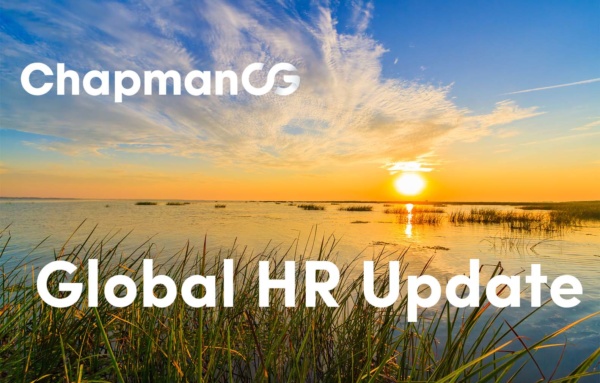Building a strong HR employer brand is increasingly critical to an organisation’s ability to attract the best HR talent. A negative HR employer image can really impact even the most valued of global brands in their capacity to entice the very best HR professionals. There are number of factors that contribute to the HR employer brand, from perceptions towards the HR leader in the country/ region to levels of turnover in the function. There can also be regional discrepancies. In Asia for example, there is the opportunity to create a unique proposition compared to other regional locations in the US and EMEA or in the global headquarters.
Employer branding challenges have never been more complex than in the financial services sector. Following years of internal turmoil and endless negativity in the media towards the banks in particular, they are no longer ubiquitously seen as the employers of choice, both in the HR market and beyond. However, whilst this viewpoint is particularly applicable to the US, UK and European markets, in parts of Asia, many financial services organisations, including the top banks, have remained relatively unscathed and are still perceived as best in class HR functions and attractive career options. Indeed in markets such as China and Indonesia the sector is seeing continued prosperity resulting in the growth of HR functions. Even in the Asian geographies where we do see some rationalisation, there is comparatively less widespread restructuring than we have seen in the Western markets.
In the UK, Europe and the US, this has led to real shift in the ability of the large diversified banks to attract the best HR professionals in the market, as their employer brand equity has slumped during this economic downturn. The risk of working in this sector is starting to outweigh the reward, especially as a number of the previous incentives such as high salaries and big bonuses are no longer pertinent for HR professionals. This is leading to high levels of churn in HR functions which further fuels the negativity towards the employer brand. Likewise, individuals with purely banking expertise are finding it increasingly difficult to transition into other sectors. A number of potential employers simply don’t view this world as an elite and progressive HR environment.
This contrasts somewhat with the Asia region. The HR function in the diversified banking sector has been significantly less affected by the negative sentiment in the wider global market. The sector does not seem to have the same issues with attracting elite HR talent. Many of the large banks are still perceived as best in class HR employers offering challenging careers in dynamic, international and growth environments. Asia has a comparative freedom from regulation and it therefore remains one of the standout professions from a remuneration perspective. This is no longer the case in the UK, Europe and the US where we regularly see higher total reward packages in technology, energy and pharmaceuticals in particular.
In Asia, the real challenge the banks face from an HR employer perspective is the ability to source the best local HR talent. As many multinational corporations in the region look to move away from a reliance on expatriates from other parts of their global HR network, it is important for the banks like many other organisations to ensure they have a strong EVP and employer brand in the local HR market. High levels of employer brand awareness won’t be enough in isolation, as local HR talent becomes more savvy and Asian competitors continue to improve their HR image in the market. Organisations that can maintain a positive employer brand in the HR market will have that crucial competitor advantage in their ability to build stable first class HR functions both in local markets and in the wider region.
 Andrea Merrigan
Andrea Merrigan Orelia Chan
Orelia Chan Stanislav Medvedev
Stanislav Medvedev Fleur Daniell
Fleur Daniell Finian Toh
Finian Toh Tim Rayner
Tim Rayner Nicola Hasling
Nicola Hasling Stefanie Cross-Wilson
Stefanie Cross-Wilson


